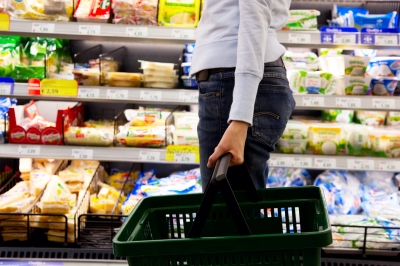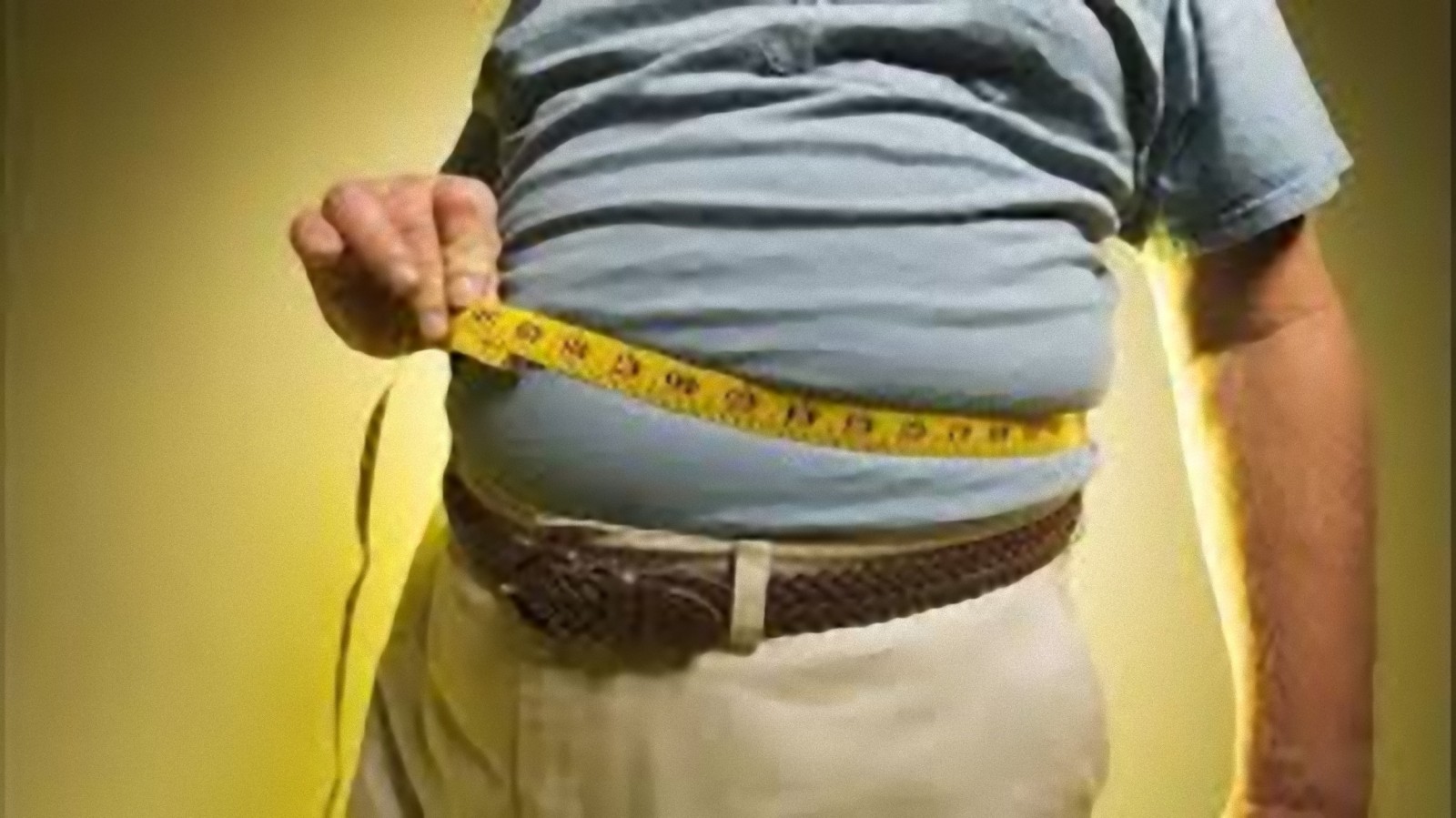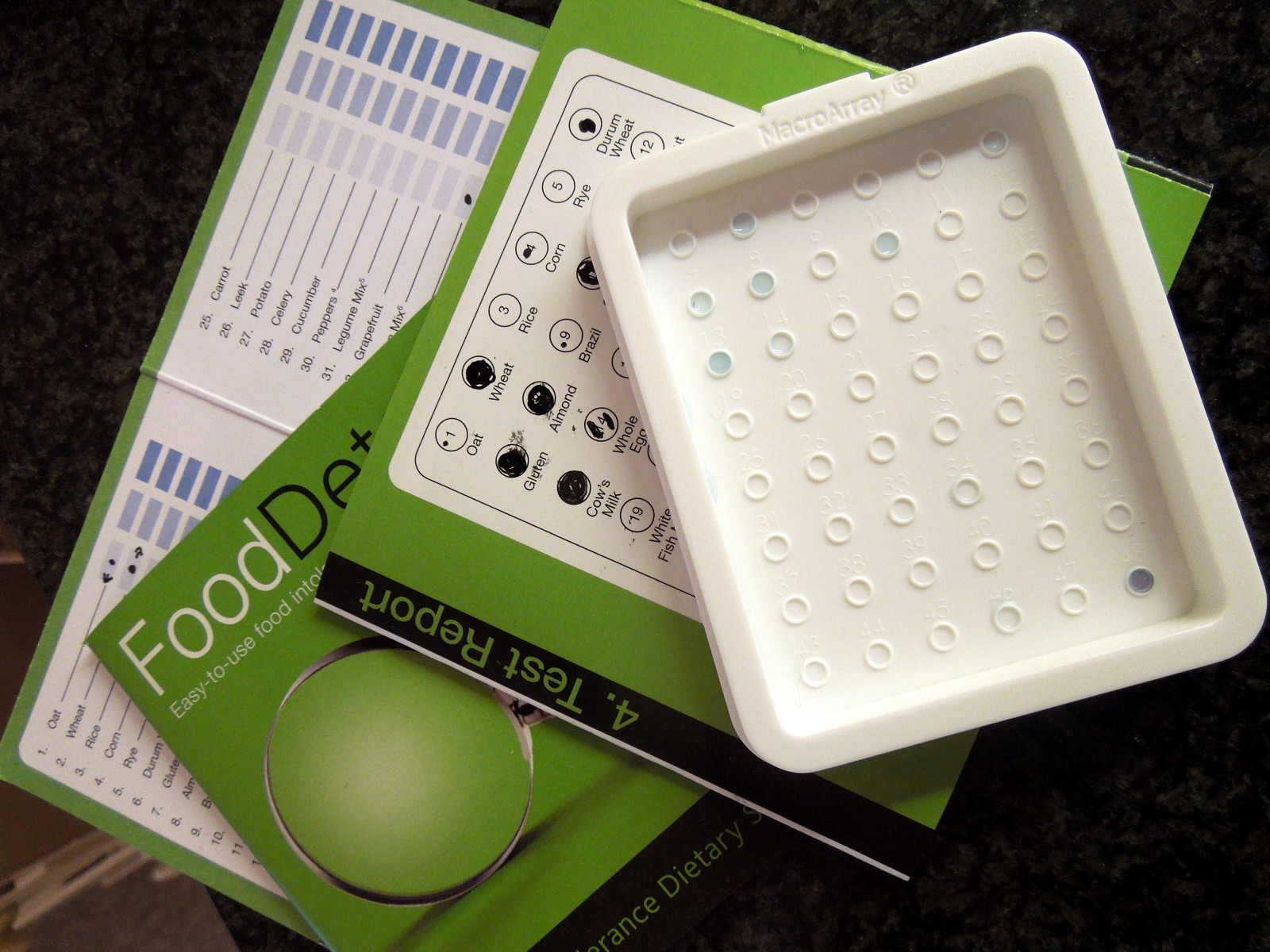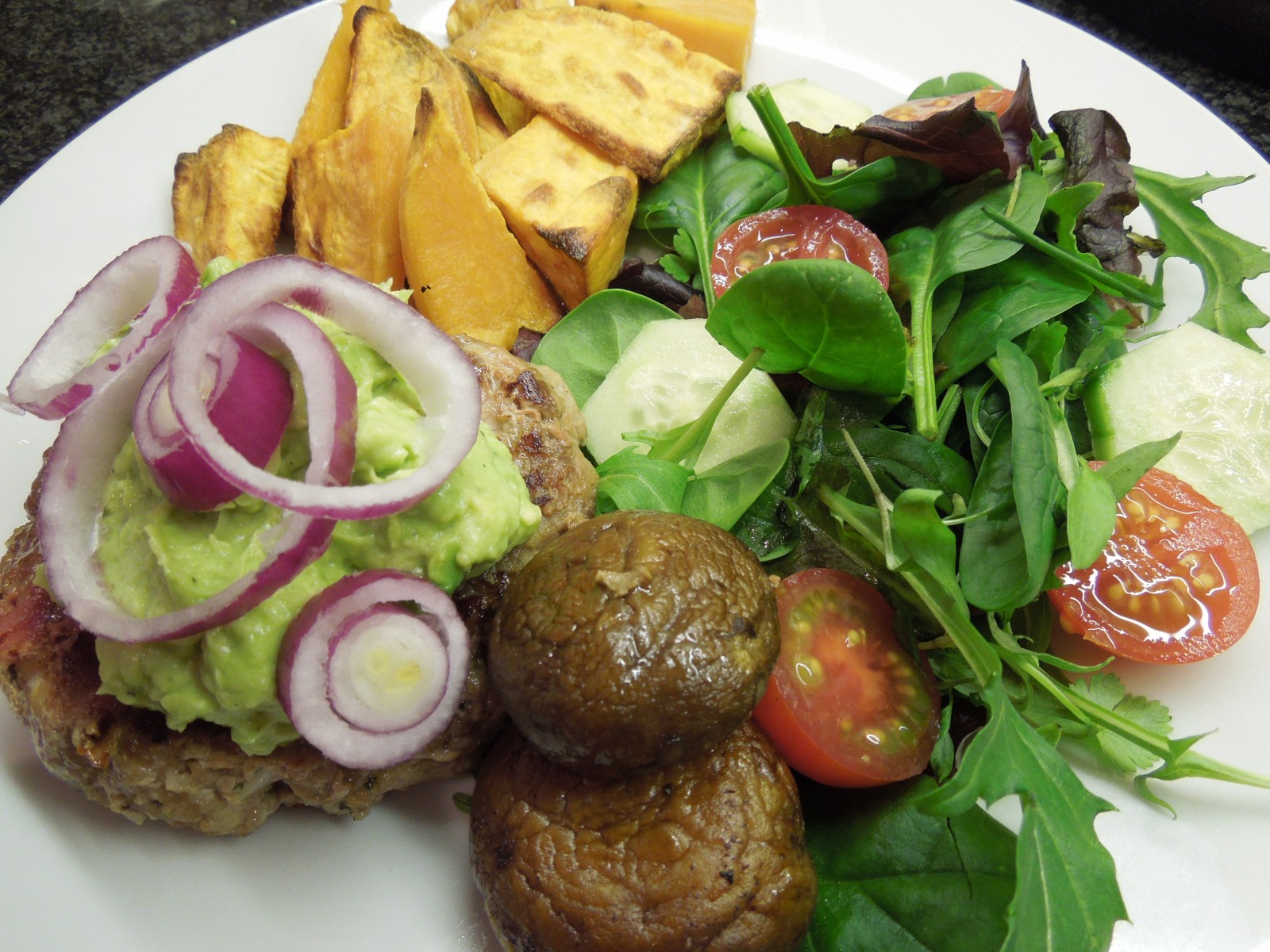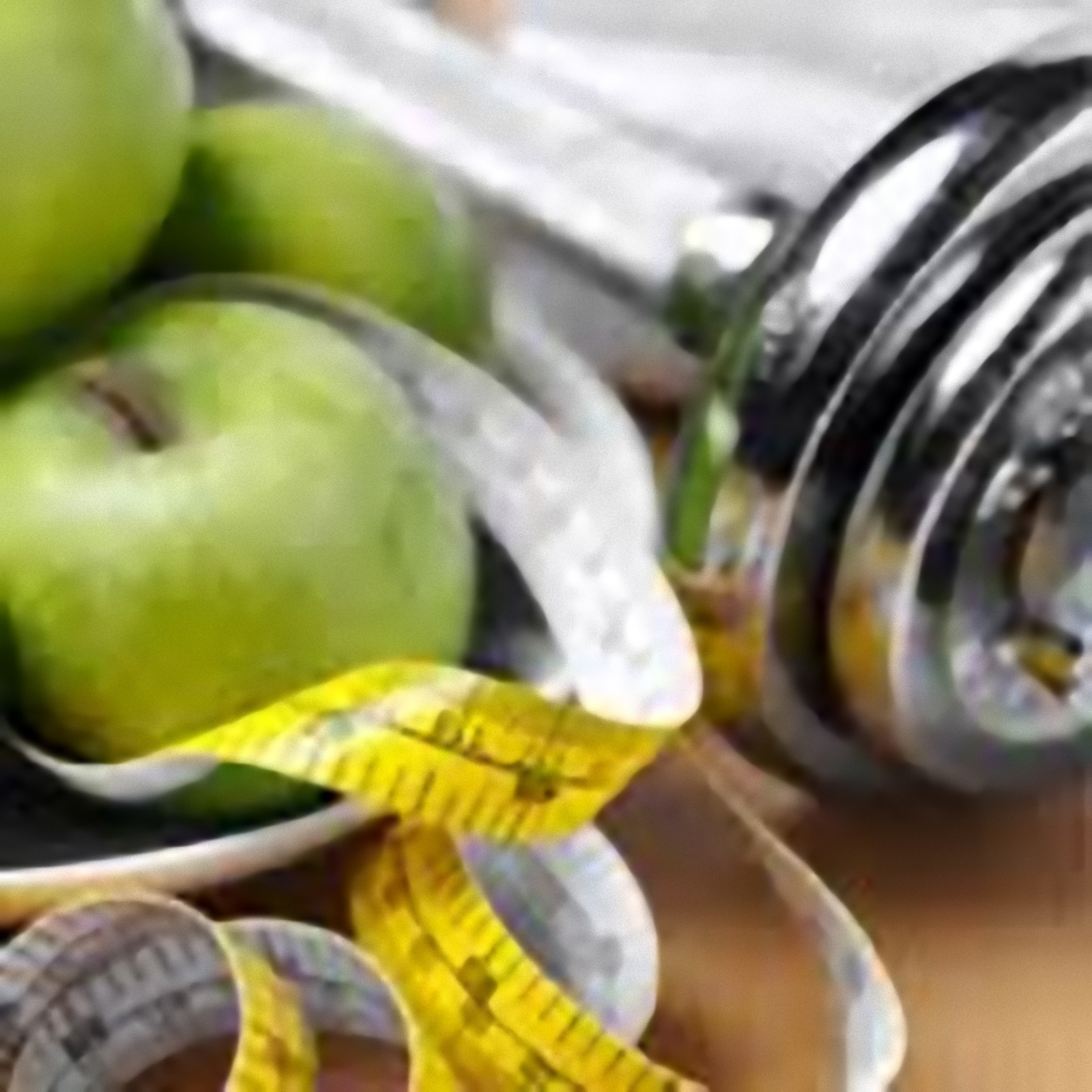First foods – this baby is certainly ready for solids!
I really sympathise with Mums who are not sure what they should be giving their babies to eat when they are ready for solids. The world of nutrition is a nightmare of constantly changing and conflicting information for all of us, so I hope to bring some of the best current medical opinion and some common sense for you. The choices you make now are important and can set them up for life.
Mothers know when their babies are ready for more than milk. They will often be needing more milk during the day, waking up earlier in the morning or not settling in the evening until they have had some extra. It is tiring for Mum, especially if she is breastfeeding and she needs more nutrition in her own diet to cope. If we go by the book the recommendation is to stick with just milk until at least 6 months but in reality every baby is different and other factors need to be taken into consideration.
Weaning needs to be a gradual process that takes into account their immature digestive and immune system. They have to learn to chew and swallow and they have to develop the digestive enzymes needed to process the food and absorb the nutrients. If they eat food that they can’t digest they will get excessive wind, pain and diarrhoea or constipation and it will be misery for everyone.
The function of the digestive system is to break down food into small enough particles that the nutrients can be absorbed into the blood stream and the waste should be eliminated easily. We can help this process by cooking, softening and mashing most food and introducing soft finger food initially. Even if your baby has no teeth their gums are strong enough to start to breakdown softer foods.
Good first foods for 5 -7 months:-
- puréed or well mashed cooked vegetables – potatoes, sweet potatoes, butternut squash, parsnip, carrot, courgette, broccoli, green beans, peas and cabbage.
- fruit purée from cooked fruit like apple or pear and mashed raw fruit such as avocado or banana
- protein in the form of cooked egg yolk; puréed organic liver, chicken, and lamb and a little white fish or salmon.
- Homemade bone broth (links below contain the best way to make this)
- Homemade jelly made with well diluted pure fruit juice and gelatine
- olive oil, coconut oil, butter or ghee in preparing and softening foods
If food is not broken down enough in the stomach and passes into the intestines it will cause problems. It can start to ferment or increase peristalsis (the muscular movement that pushes food through the gut) and both will cause tummy ache. Look at what comes out the other end to get a good idea of what is happening. If you can see identifiable food in the poo then they are not digesting it properly. Certain foods will go through without being broken up – tomato seeds, sweetcorn and peas and other higher fibre foods not puréed.
When they are coping well with those foods you can start to introduce more variety and more texture, like cooked rice, yogurt, fromage frais and let them try plenty of finger food and chop up some of what you are eating if it is suitable and let them feed themselves with fingers or spoon. If they have had to have antibiotics or they have excess wind you can give them an infant formula probiotic.
Do not give them:
- normal table salt (a little Celtic sea salt is OK for the good minerals)
- Low fat or fat free foods
- margarine or trans fats
- processed vegetable oils
- dry breakfast cereals
- sugar
- artificial sweeteners
- refined sugar or undiluted pure fruit juice (well diluted with meals only)
- flour products
- Honey (because of the slight risk of Botulism poisoning) under 1 year old
- certain fish that is known to have a higher risk of mercury -like tuna and swordfish.
- soft mould ripened cheeses like Brie or Camembert
At this stage I would say that if you have known allergies within the family, problems with Asthma, Eczema or behavioural problems then be especially careful about what else you add to the diet before they are a year old. The most common allergy foods are:- Wheat, Gluten, soy, peanuts and nuts, Cows milk, eggs (usually the white), seafood, and oranges. These can cause an acute reaction with itchy skin rash, swelling in the mouth or lips, wheezing, coughing, stomach pain, vomiting and diarrhoea where you need urgent medical help or chronic symptoms like runny nose, eczema, asthma, itchy skin, especially dry skin, anaemia and behavioural problems like hyperactivity. If you are concerned about introducing gluten then start with sour-dough bread and see how it is tolerated. Fermented foods have already had the indigestible parts broken down in the process of being fermented. For more information on this have a look at www.westonaprice.org This organisation support getting back to a more basic diet of natural foods and eating plenty of animal fats, bone broth and natural, raw dairy and we have certainly come a long way away from this in the last 50 years. The Mediterranean Diet is always mentioned as a healthy way to eat and it is not just about the olive oil and red wine it is because they have very little pre-prepared food and they eat all parts of the animal as was usual in most countries before Supermarkets chased out local butchers shops, fishmongers and bakers. Another great source of information is www.Kidshealth.org for health in all ages of children.
If you already have major health problems like Autoimmune disease and you eat a Paleo based diet, then you will find lots of good information on Cave Babies and starting a grain free way.
Following on from first foods, 7-12 months, try to let them experience as many different flavours and textures as possible. Most babies like quite strong flavours – I personally remember being horrified when a friend gave my first, 9 month old a Chinese spare rib of pork to munch on but he has loved them ever since! We are lucky to have so many choices of food and so let them have a go and give them what you are eating as much as possible.
If you buy convenience baby foods and ready made snacks taste them yourself – and then come up with some good, cheaper alternatives where you know what all the ingredients are!
Playing with food and getting involved with growing it (plus getting dirty in the soil) and then helping to prepare it is the key to a good relationship with food.
A healthy diet does not depend on how much you spend on it but how much you put into preparing it at home from basic, natural ingredients.
With modern equipment it doesn’t have to take long. A good slow cooker pot of meat on the bone and vegetables, put on when they have a morning nap, will also be an instant meal for your baby and ready for the rest of the family when they need it. Freeze some in individual containers for when you need them. A stir fry with meat and vegetables is quicker than take-away. Learn plenty of tips to save time and stress.
This article is a guide for near perfect child feeding and nobody is perfect so the most important thing is not to worry or feel guilty that you do not achieve this 100% – it is a guide. It is what is advised now with our knowledge of modern food production and science. Above all else remember that food should be enjoyable and tasty and
make you feel good!
Like this:
Like Loading...
